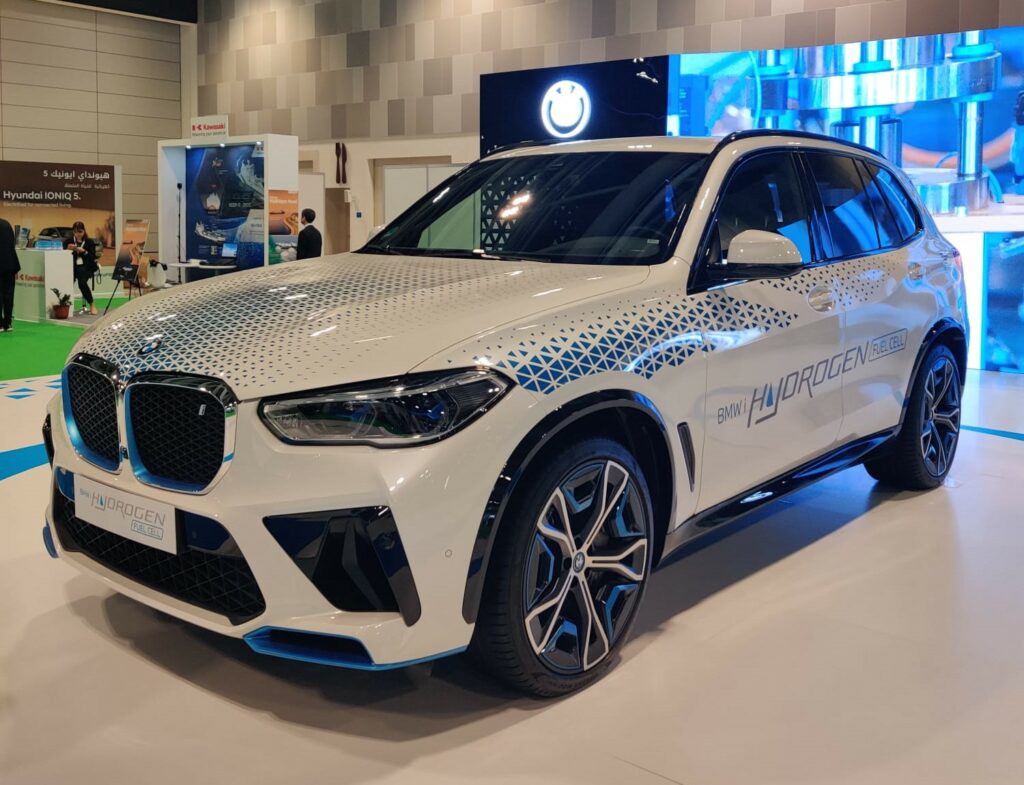BMW Group’s Regensburg facility is shifting its logistics to hydrogen-powered vehicles, planning to fully integrate hydrogen by 2030.
From 2026, hydrogen-powered tuggers and forklifts will handle logistics tasks across various production areas such as press shops and assembly lines. The aim is to leverage hydrogen’s benefits, contributing to BMW’s sustainable factory goals.
Currently, the Regensburg plant’s logistics fleet relies on electric power, with batteries needing manual replacement twice per shift. To ensure a comprehensive hydrogen supply, BMW plans to install a two-kilometer pipeline network and six hydrogen stations by 2026. These stations will receive hydrogen via specialized trailers acting as interim storage. Radtke estimates an annual hydrogen consumption of 175 tons post-conversion. The logistics fleet of around 230 vehicles will transition gradually, with completion targeted for 2030.
Since 1986, the Regensburg facility has been a benchmark in automotive production, crafting up to 1400 BMW X1 and X2 models daily for global markets. The plant produces various engine types, from combustion engines to plug-in hybrids and fully electric models. Nearby, the plant assembles high-voltage batteries for electric models.
